A growing dispute between Elon Musk’s Starlink and the South African government has taken on a racially charged tone, with broader implications for diplomacy between the United States and Africa’s most industrialized nation. Musk, who was born in South Africa but left during his youth, claims his satellite internet company is barred from operating in the country “simply because I’m not black,” referencing South Africa’s Black Economic Empowerment (BEE) laws that require 30% ownership by historically disadvantaged groups for certain licenses.
However, South Africa’s telecommunications regulator, the Independent Communications Authority of South Africa (Icasa), refuted this assertion, stating that Starlink has never submitted a formal license application. The foreign ministry echoed this, clarifying that Starlink is welcome in the country as long as it complies with existing laws.
At the heart of the disagreement are South Africa’s post-apartheid empowerment laws designed to address economic inequalities that have persisted since white-minority rule ended in 1994. The government mandates that telecom companies seeking to operate must be at least 30% black-owned, a policy Musk claims effectively excludes his company. Starlink reportedly voiced in a submission to Icasa that such laws discourage foreign satellite operators from entering the market.
Despite Musk’s criticism, South Africa’s foreign ministry points out that over 600 American companies, including giants like Microsoft, operate successfully in the country under these same laws. Communications Minister Solly Malatsi, from the Democratic Alliance (DA), a party critical of the ANC’s empowerment policies, has hinted at policy reforms. He previously suggested that foreign companies might meet requirements through social investments instead of equity partnerships. But progress has stalled, with his department still reviewing the legal framework and facing resistance from ANC lawmakers, who insist that transformation in the tech sector is non-negotiable.
The controversy has intensified amid an already strained diplomatic climate. Relations between the U.S. and South Africa have cooled during President Donald Trump’s second term. Trump, echoing Musk’s rhetoric, has criticized South African land reform policies, even falsely claiming that white farmers are victims of genocide. Musk recently claimed that a major South African political party is promoting “white genocide” and linked the country’s land laws to Starlink’s licensing troubles. Though South Africa passed a law allowing land expropriation without compensation in certain cases, critics argue Musk and Trump are misrepresenting the intent and impact of the legislation.
Last year, Musk met South African President Cyril Ramaphosa in New York, a meeting Ramaphosa described positively, noting efforts to attract Musk to invest in his country. But that optimism appears to have faded. Ramaphosa recently appointed former Deputy Finance Minister Mcebisi Jonas as a special envoy to the U.S. to help repair relations. Jonas acknowledged past criticism of Trump but emphasized the strategic importance of U.S.-South African ties, especially with trade at stake and Trump threatening tariffs on South African goods.
Elsewhere in Africa, Starlink has found smoother entry. In April, both Somalia and Lesotho granted the company 10-year operating licenses. In Lesotho’s case, the move followed Trump’s imposition of tariffs, raising speculation that political pressure influenced regulatory decisions. However, Lesotho officials denied a direct link. Critics in Lesotho, including civil society groups and competitors like Vodacom, have protested Starlink’s lack of local ownership.
Starlink is also attempting to bypass local ownership rules in Namibia, a country with even stricter regulations requiring 51% local ownership. The Namibian regulator acknowledged Starlink’s application and stated that approval is contingent on an exemption review by the nation’s ICT minister.
Despite the setbacks, Starlink has expanded rapidly across Africa, now operating in more than 20 countries. Its low Earth orbit satellites offer high-speed internet to underserved and remote areas—something that could be especially valuable in South Africa, where an estimated 20% of the population still lacks internet access. Though some South Africans previously accessed Starlink via roaming packages from neighboring countries, these workarounds have been shut down, and the regulator has threatened legal action against unauthorized users.
While the current standoff remains unresolved, the economic potential of bridging South Africa’s digital divide could ultimately push both sides toward compromise. Starlink sees a lucrative opportunity in South Africa’s market, while the government remains committed to universal internet access by 2030. Whether they can find common ground will depend on how much each party is willing to bend, if at all.


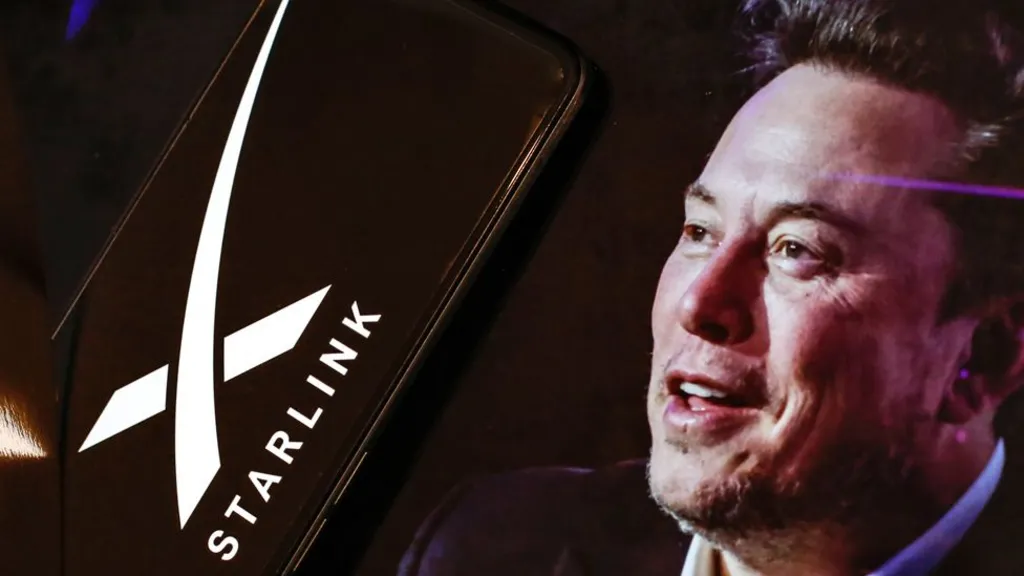

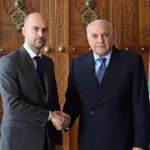






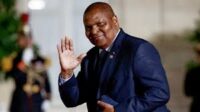
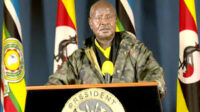
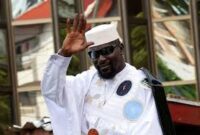
Leave a comment